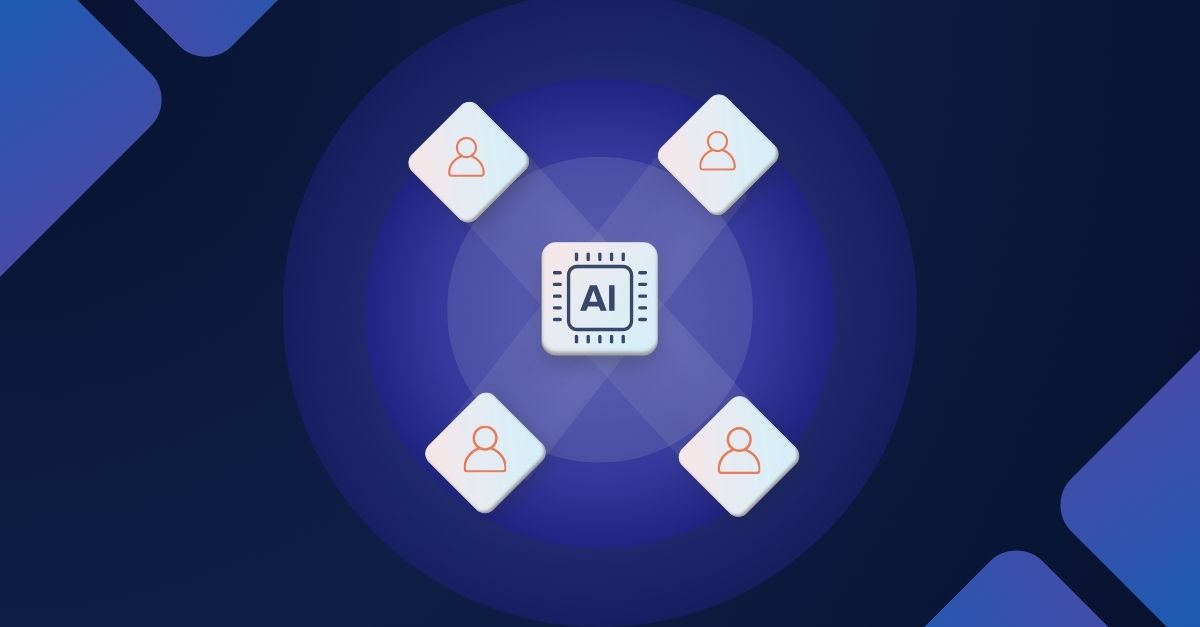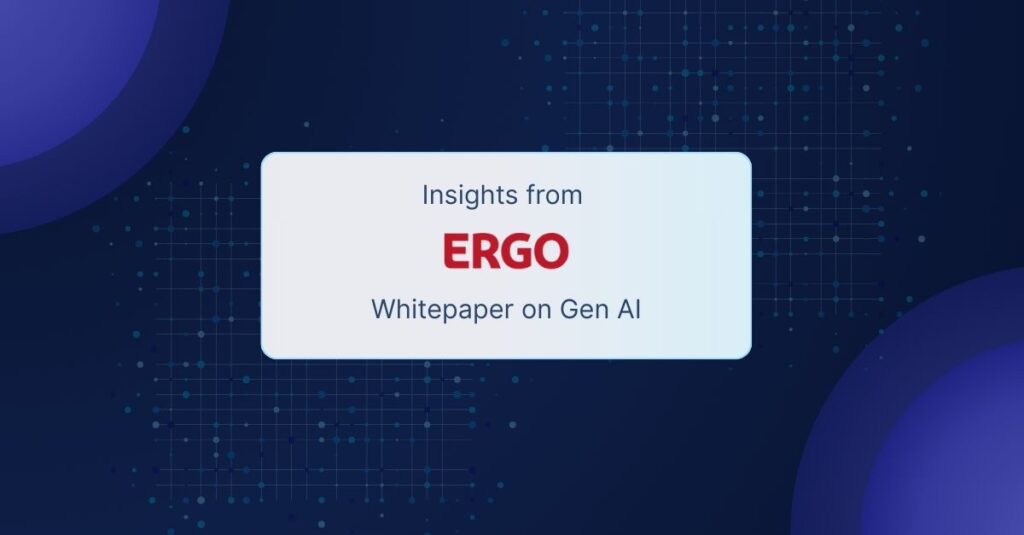Insurers understand that AI can significantly improve operational efficiency, yet we also recognize that human judgment is irreplaceable, particularly in complex claims or underwriting scenarios that demand nuanced decision-making. This measured approach to AI integration was a key theme at London’s Insurance Innovators conference, where one claims director said, “A human needs to make a decision, not a bot. Humans have emotional needs that bots cannot meet. The AI can gather all the information, but the human has to make the final decision.” Regarding AI adoption, human judgment remains irreplaceable in complex scenarios; insurers are thoughtful and pragmatic about applying GenAI to complex decisions and processes.
According to KPMG’s 2024 Insurance CEO Outlook, 81% of insurance CEOs consider generative AI (Gen AI) a top investment priority, yet they are also cautious about potential risks. Many CEOs see the value in leveraging AI to streamline operations and speed up data analysis, but they recognize the ethical, compliance, and security challenges associated with its use. This blend of optimism and caution highlights a critical point: AI is not replacing human decision-makers but enhancing their ability to make informed, data-driven decisions.
Human judgment is not just important, it is the cornerstone of the insurance industry. The complexity and variability inherent in insurance make unique human abilities indispensable. High-value claims, liability assessments, and underwriting decisions are not just about algorithmic outputs; they require our contextual understanding, empathy, and ethical considerations.
An AI model may flag a claim as high-risk based on statistical patterns, but it takes an experienced claims adjuster to assess factors beyond data points—such as a claimant’s unique situation—to arrive at a fair, equitable resolution. This hybrid approach ensures that AI supports rather than undermines the customer experience, and it’s people that make it possible.
The KPMG report emphasizes that CEOs are wary of moving too quickly, particularly as regulatory frameworks struggle to keep up with technological advances. With 86% of insurance CEOs concerned about AI’s ethical implications, they prioritize robust governance and ethical frameworks alongside technical implementations. This approach reflects a commitment to responsible AI use, where insurers harness the power of technology, safeguard consumer rights, and uphold ethical standards.
Human judgment will continue to guide the application of AI. Insurers are balancing the drive for efficiency with the need for thoughtful oversight, ensuring that AI enhances rather than compromises the decision-making process. As the insurance industry adopts AI thoughtfully, it’s crucial to have robust oversight mechanisms in place. The OverseeAI platform ensures transparent, ethical, and effective AI deployment tailored to the complexity of P&C insurance. With real-time monitoring and human-in-the-loop workflows that involve collaboration among IT, data science, and business stakeholders, we keep people in control of AI.
Contact us today to learn how OverseeAI can help you deploy AI with confidence.



